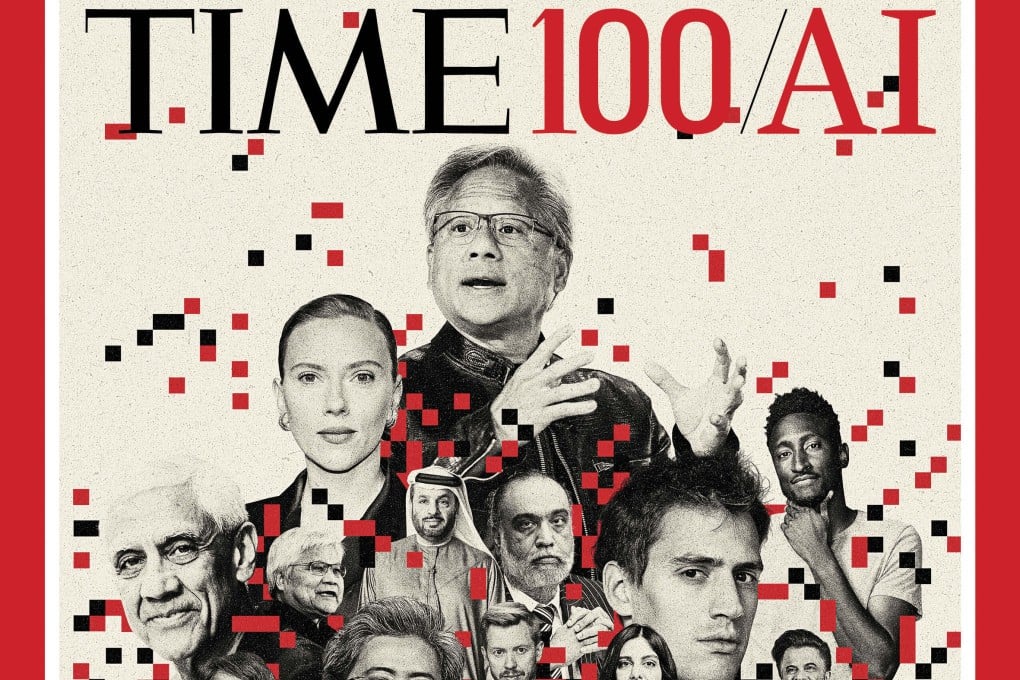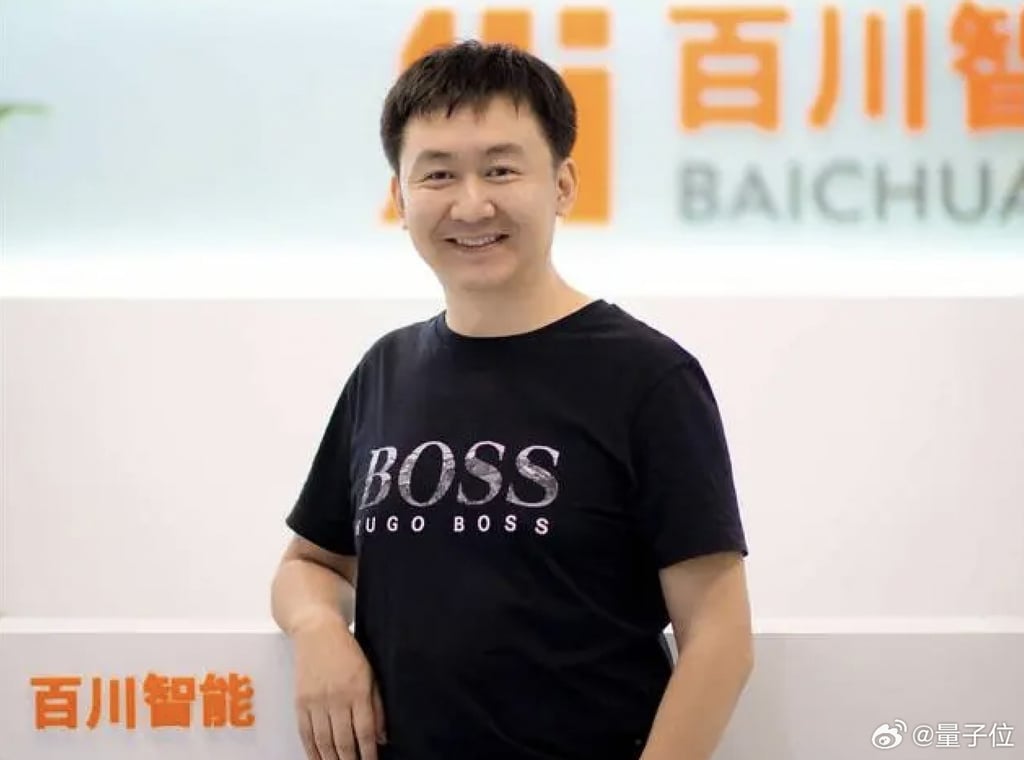Time’s AI list names China’s cyberspace chief, ByteDance CEO among most influential
Time Magazine has included CAC head Zhuang Rongwen and ByteDance CEO Liang Rubo among 30 leaders in AI, along with Baichuan founder Wang Xiaochuan

Zhuang Rongwen, director of the Cyberspace Administration of China, made the second annual Time 100 AI list as one of 15 people in the leaders category for taking on a mission that some thought impossible: imposing the mainland’s “censorship practices on unpredictable generative AI technology without stifling domestic innovation”, the publication said.
The other AI leaders from China were ByteDance chairman and CEO Liang Rubo and Wang Xiaochuan, founder of GenAI start-up Baichuan AI.

ByteDance made AI one of the company’s top priorities in recent years. It launched the chatbots Cici and Doubao, and created the Jimeng AI video generator. But with ByteDance’s TikTok facing tough political scrutiny in the US, “don’t expect any softening when it comes to broader AI applications”, Time said.
